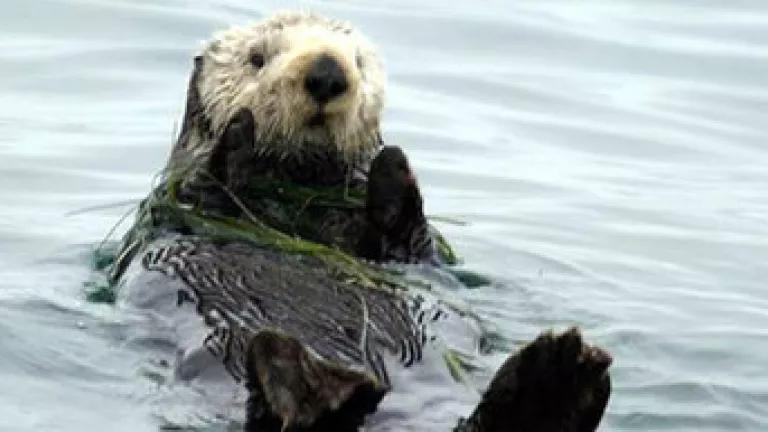
After a few enjoyable months of relative quiet on the Hill, Congress returned from the holidays with renewed vigor to eviscerate the Endangered Species Act. Here are the legislative attacks on endangered species that occurred during the month of February.
Salmon
At a time when the House should be busy figuring out how to fund our nation’s transportation infrastructure needs, it instead went to work messing with something that actually works! Indeed, on 2/28, the House passed the “State Water Rights Repeal Act” (H.R. 1837), sponsored by Rep. Nunes (R-CA), by a vote of 236-175.
This radical legislation eliminates environmental protections for salmon and water quality, preempts state water laws, undermines key federal environmental laws, and overturns a landmark settlement to restore the San Joaquin River. As a result, this bill threatens thousands of jobs and communities in California and Oregon, hurts water quality in the Bay-Delta, and undermines the reliability of California’s water supplies.
H.R. 1837 will likely lead to more extinct species, more out of work fishermen, 40 miles of the San Joaquin River dried up, and more struggling small farmers. And it will make it more difficult - if not impossible - to develop real solutions to improve the reliability of California’s water supplies and to restore the Bay-Delta estuary. For more on this, see Doug Obegi’s blog.
Southern Sea Otters
Despite the fact that he serves as co-chair of the Animal Protection Caucus, on 2/15, Rep. Gallegly (R-CA) introduced H.R. 4043—a bill that would harm one of our nation’s most lovable imperiled species—the threatened southern sea otter.
Here’s the background: In 1987, the Fish & Wildlife Service (FWS) established a sea otter translocation program off the coast of southern California to protect the species from the threat of an oil spill, which could wipe out the entire population. However, due to complaints from the shellfish and oil industries, which believed protections for sea otters would interfere with their work, a “no-otter” zone was also created. In this zone, otters would be exempt from many provisions of the Endangered Species Act. For example, they could be harmed or killed within the zone.
The policy stipulated that upon the failure of the translocation program, FWS would end it and remove the “no-otter” zone. And that time has come. FWS stopped removing otters from the zone in 1993 due to unexpected otter deaths following their removal from the zone. And in 2011, FWS proposed to end the translocation program and remove the “no-otter” zone to enable sea otters to expand their territory and increase their chances for survival.
However, H.R. 4043 would obstruct the termination of the translocation program and the “no-otter” zone. Instead, this bill will continue to restrict the sea otter from expanding its natural range, which is considered critical for recovery or the species, and continue to exempt the sea otter from protections Endangered Species Act protections within the zone, taking a step backwards in sea otter conservation.
(C) Fish and Wildlife Service
Yet More ESA Exemptions
On 2/16, the House Natural Resources Committee passed H.R. 4019—a bill that would require the Forest Service and Bureau of Land Management to permit intensive logging, grazing, and oil and gas production on public lands to meet unrealistic revenue targets for county budgets. The bill would exempt these projects from the Endangered Species Act, along with other environmental laws.
Similarly, while not yet formally introduced, on 2/16, Reps. DeFazio (D-OR), Schrader (D-OR), and Walden (D-OR) issued a proposal entitled the “O&C Trust, Conservation, and Jobs Act.” The plan would force the clear cutting of about 1.2 million acres of publicly-owned Bureau of Land Management land to generate revenue for some western Oregon counties. Such a plan would have extremely harmful ramifications for our environment by polluting thousands of miles of rivers and severely damaging fish and wildlife habitat.

